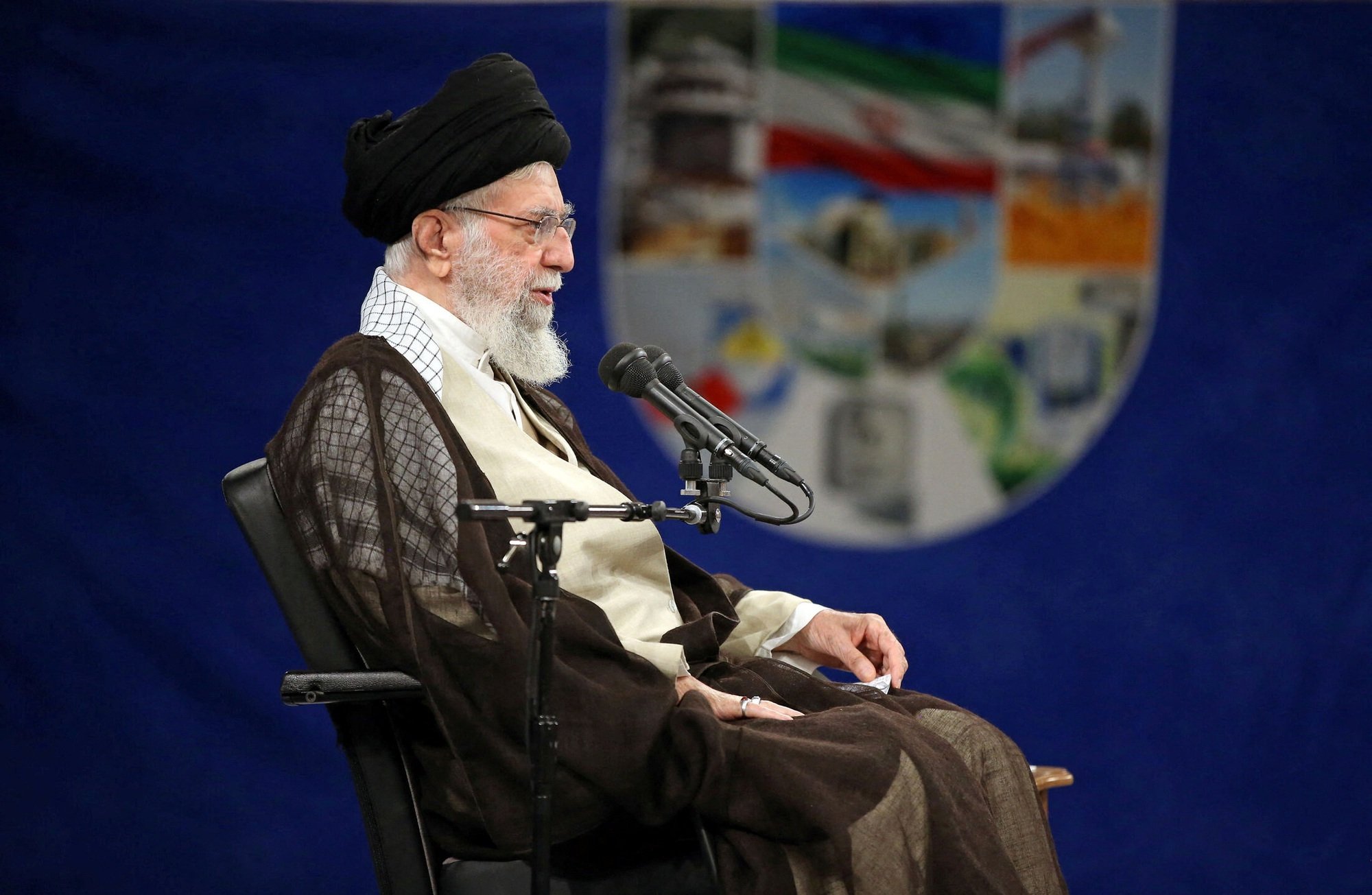
Iran's Supreme Leader Ayatollah Ali Khamenei
Indirect talks between Tehran and Washington, aimed at salvaging the 2015 nuclear deal between Iran and six powers (including the US, UK, France, China, Russia and Germany, also known as the P5+1 group), have stalled since September 2022, with both sides accusing each other of making unreasonable demands.
The comments by Iran's Supreme Leader Ayatollah Ali Khamenei came days after both Tehran and Washington denied reports that they were close to an interim deal under which Tehran would curb its nuclear program in exchange for sanctions relief.
"There is nothing wrong with the agreement (with the West), but no one is allowed to touch our nuclear infrastructure," Iranian state media quoted Khamenei as saying on June 11, according to Reuters.
Iran unveils first domestically developed hypersonic ballistic missile
A State Department spokesperson did not comment specifically on Khamenei's remarks, reiterating the Biden administration's stance that Washington is "committed to never allowing Iran to acquire a nuclear weapon." "We believe that diplomacy is the best way to achieve that goal on a verifiable and long-term basis, but the president has also made clear that we do not take any options off the table," the spokesperson said, referring to the possibility of military action.
The 2015 deal limited Iran's uranium enrichment activities to make it harder for Tehran to develop nuclear weapons, in return for the lifting of international sanctions imposed on the country.
Former US President Donald Trump withdrew from the deal in 2018 and reimposed sanctions that have crippled Iran's economy , prompting Tehran to gradually remove the restrictions it was subject to under the deal. In that context, the US, Europe and Israel fear that Iran could seek to build an atomic bomb.
Reiterating Iran's official stance for years, Khamenei said Tehran has never sought to build a nuclear bomb.
"Allegations that Tehran is seeking nuclear weapons are lies and they know it. We do not want nuclear weapons because of our religious beliefs. If it were the other way around, they (the West) would not be able to stop it," Khamenei said.
Mr Khamenei, who has the final say on all state matters, said Iran's nuclear agencies should continue to work with the UN nuclear watchdog. However, Mr Khamenei urged Iranian authorities not to give in to what he called "excessive and wrong" demands from the International Atomic Energy Agency (IAEA), and said a law passed by Iran's parliament in 2020 must be respected.
Under the law, Tehran would suspend IAEA inspections of its nuclear facilities and step up uranium enrichment if sanctions are not lifted.
Last month, the IAEA reported slow progress on disputed issues with Iran, including the reinstallation of some monitoring equipment originally deployed under the 2015 deal. Tehran ordered the equipment removed last year.
Source link



![[Photo] Binh Trieu 1 Bridge has been completed, raised by 1.1m, and will open to traffic at the end of November.](https://vphoto.vietnam.vn/thumb/1200x675/vietnam/resource/IMAGE/2025/10/2/a6549e2a3b5848a1ba76a1ded6141fae)





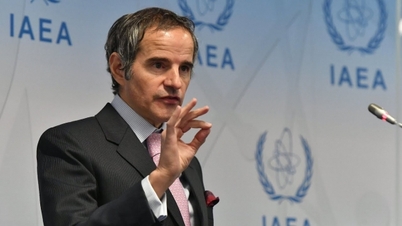

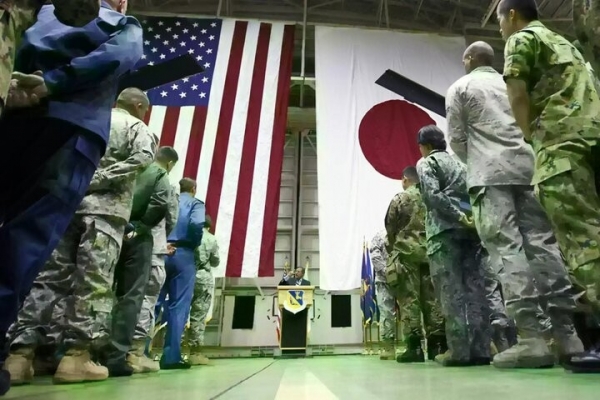
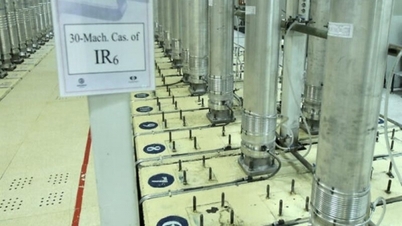


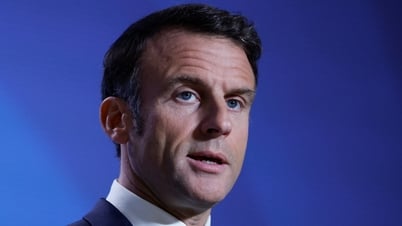

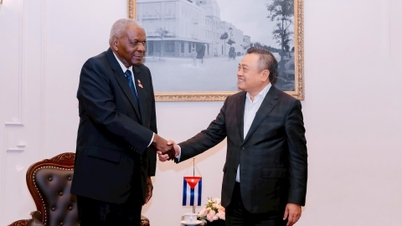

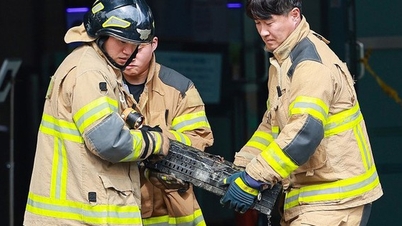

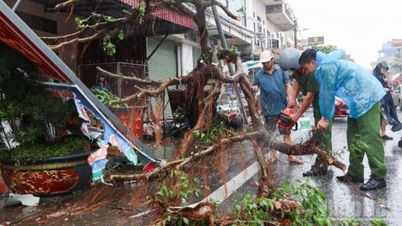
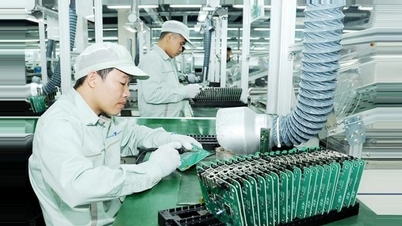
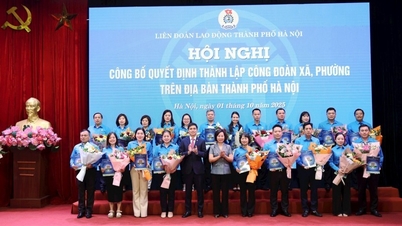





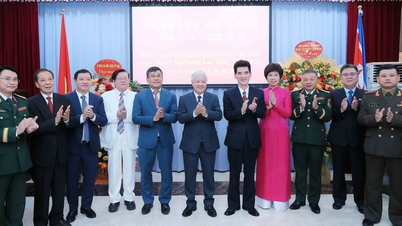


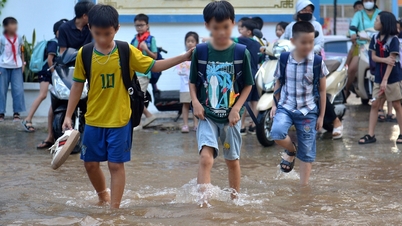
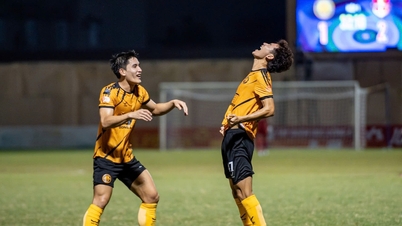

















































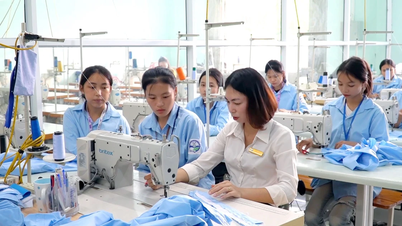
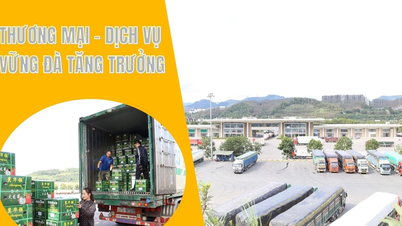
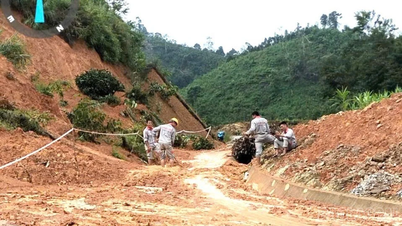
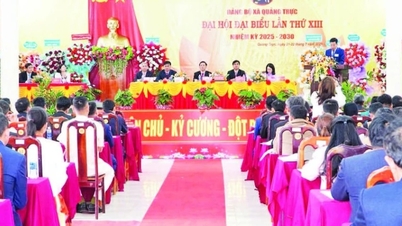















Comment (0)